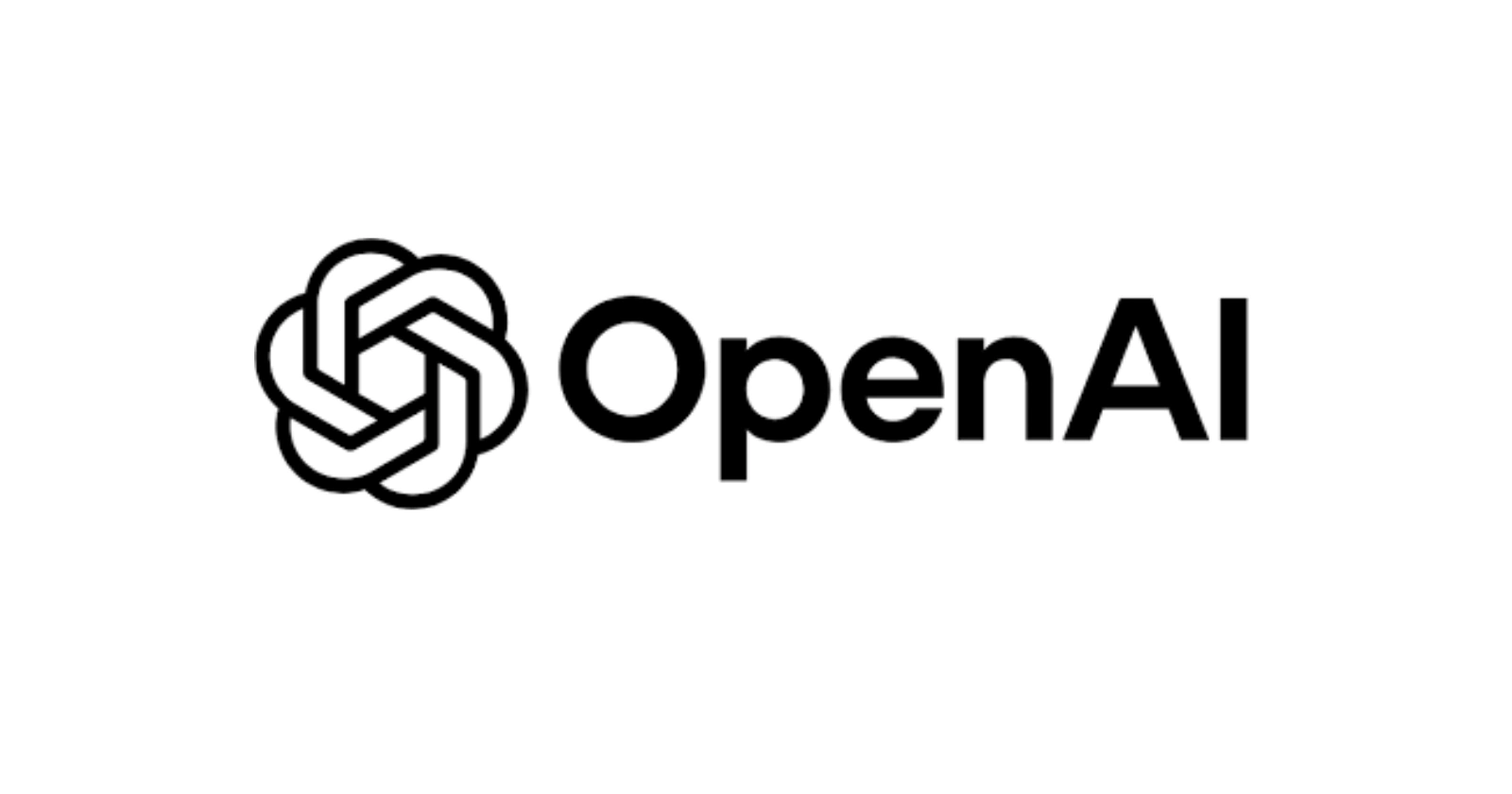OpenAI has unveiled ChatGPT Pulse, a feature designed to transition the chatbot from being reactive to proactive. Rather than waiting for users to ask questions, Pulse automatically conducts background research and delivers daily personalized briefings in the form of visual cards. The rollout began on September 26, 2025, exclusively for Pro subscribers, with plans to expand to Plus and eventually all users.
The move represents OpenAI’s vision of ChatGPT evolving into a highly personalized assistant, not just a question-and-answer tool. Sam Altman, CEO of OpenAI, emphasized in a post on X that Pulse signals the company’s long-term strategy: “This also points to what I believe is the future of ChatGPT: a shift from being all reactive to being significantly proactive, and extremely personalized.”
How Pulse works: curated intelligence while you sleep
Pulse operates asynchronously, compiling information overnight based on chat history, user feedback, and connected applications. Each morning, users wake up to a fresh set of five to ten AI-generated updates, which may include:
- Progress tips for ongoing goals such as fitness or learning
- Recipe suggestions or travel recommendations
- News summaries tailored to personal interests
- Drafts of meeting agendas or reminders for upcoming events
The updates appear as cards, each with a short summary and optional AI-generated images. Users can tap for more detail, save items, or expand them into full conversations with ChatGPT. Importantly, these cards refresh daily, unless saved, ensuring the feed remains current and uncluttered.
Integration with Gmail and Google Calendar
A defining feature of Pulse is its ability to integrate with Gmail and Google Calendar through ChatGPT’s connector ecosystem. When enabled, the assistant can:
- Review emails to highlight important overnight updates
- Build meeting agendas automatically
- Remind users of birthdays, deadlines, or upcoming travel
- Suggest local restaurants and events based on scheduled plans
These integrations are optional and can be turned on or off at any time. Privacy concerns are mitigated with strict user controls, as OpenAI confirmed that feedback and personal data can be reviewed, deleted, or adjusted at any point.
Personalized updates shaped by feedback
Pulse’s strength lies in customization. Users can guide what shows up by giving thumbs-up or thumbs-down reactions or by directly requesting specific updates, such as weekend events, sports highlights, or professional news. Christina Wadsworth Kaplan, OpenAI’s personalization lead, noted that the system improves dramatically once users start shaping their preferences.
An example cited by OpenAI showed Pulse recognizing Kaplan’s passion for running and proactively suggesting running routes during an upcoming trip to London. This showcases the platform’s ability to connect casual conversations with actionable insights.
Broader strategy: consumer products and proactive AI
Pulse is part of OpenAI’s wider effort to make ChatGPT a daily-use product rather than a situational tool. The release aligns with previous launches like ChatGPT Agents and Codex, both of which emphasized proactive and task-oriented capabilities.
Fidji Simo, OpenAI’s new CEO of Applications, highlighted the broader vision: “We’re building AI that lets us take the level of support that only the wealthiest have been able to afford and make it available to everyone over time.”
However, for now, this assistance comes at a high price. Pulse is available only under the Pro subscription plan costing $200 per month. According to Sam Altman, compute-intensive features like Pulse require significant resources and are thus restricted to the premium tier until OpenAI expands server capacity.
OpenAI is currently scaling its infrastructure with partners such as Oracle and SoftBank, as part of the $500 billion Stargate project aimed at building massive AI data centers (source: Financial Times).
Competition and implications for media
Pulse’s positioning has raised eyebrows in the publishing and media ecosystem. The feature’s curated daily briefings, often including compilations of news stories, echo services already offered by Apple News, Google’s Discover feed, and paid newsletters.
OpenAI insists Pulse is not designed to replace traditional journalism or news apps. Product lead Adam Fry noted that Pulse cites its sources with links, giving credit to original reporting in a manner similar to ChatGPT Search. Still, by capturing user attention early in the morning with tailored updates, Pulse could gradually reshape how audiences consume daily information.
Early reception and testing
Feedback from early testing, including partnerships with university students through the ChatGPT Lab, has highlighted the importance of personalization. Students reported finding Pulse most useful once they began actively curating their preferences, which led OpenAI to expand its feedback mechanisms.
Initial impressions suggest that Pulse is not intended to create endless scrolling experiences like social media feeds. Instead, it delivers concise daily briefings that respect user attention, leaving them free to move on with their day.
Looking ahead: the next phase of AI assistants
Pulse marks a pivotal step in AI’s evolution from reactive Q&A platforms to proactive digital companions. If successful, it could redefine how personal assistants work, bridging the gap between productivity tools and personalized news platforms.
As OpenAI expands Pulse beyond Pro subscribers, the question will be whether users value AI-driven briefings enough to let ChatGPT become their morning habit. If adopted widely, this shift could accelerate the blending of productivity, media, and personal assistance into a single AI-powered ecosystem.
Key Features of ChatGPT Pulse
| Feature | Description | Availability |
|---|---|---|
| Daily Briefings | Five to ten curated AI-generated updates delivered each morning | Pro users only (Plus soon) |
| Visual Cards | Summaries with AI images, expandable into detailed conversations | Pro users only |
| App Integrations | Gmail and Google Calendar for agendas, reminders, highlights | Optional, user-controlled |
| Personalization | Shaped by chat history, feedback, and direct curation | Continuous improvement |
| Subscription Cost | $200 per month (Pro tier) | Pro users currently |
Conclusion
The launch of ChatGPT Pulse signals a bold attempt by OpenAI to position ChatGPT as an everyday digital companion rather than just a reactive chatbot. By combining personalized updates, productivity tools, and curated information, Pulse may well become the feature that defines the future of consumer AI.
Whether it ultimately complements or disrupts existing media ecosystems remains to be seen, but for now, Pulse marks a significant milestone in the evolution of AI assistants.



